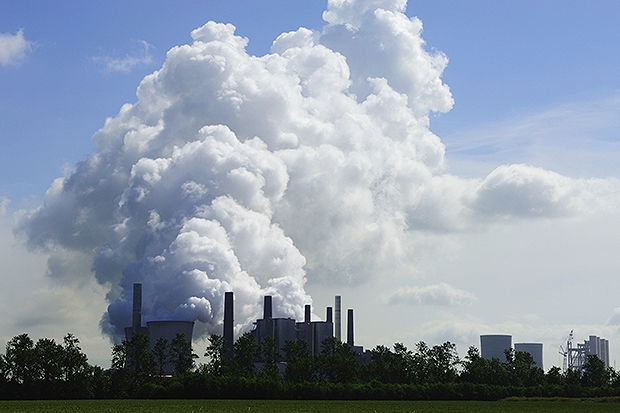A new focus of European climate policy needed / Commission needs to immediately set up a task force on international carbon markets / Three other conditions to enable industry, agriculture, forestry and low-income families in particular to implement ambitious targets
“We need to focus much more on convincing third countries to follow our ambitious policies. The introduction of CBAM generates a lot of interest by third countries. Many of those want to cooperate. DG CLIMA is flooded by requests for cooperation and advice but has not enough staff to accommodate the wishes of third countries. For example, the representatives of Singapore talked to the Parliament delegation during the COP in Dubai. They said that they have an ETS and wish to join us in our efforts but Commission didn’t have time to talk to them. That’s why the most important measure is that the Commission sets up a dedicated task force for international carbon markets to cooperate with third countries and technical advice. This will be the most effective and the cheapest climate measure ever,” insisted Peter Liese, environmental spokesman of the biggest parliamentary group in the European Parliament (EPP, Christian Democrats) ahead of the publication of the European Commission’s Communication on the 2040 climate target.
“More important than giving the 2040 target a concrete number are the conditions. Only if we enable industry, citizens and farmers to really use new technologies, we will help the climate,” stated Liese during an online press briefing for journalists. Sources expect the Commission to set the emission reductions for 2040 at -90% net. The EU’s climate target for 2030 is set at -55% net compared to 1990. “A 90% target for 2040 is really ambitious. It is true that 88% will be achieved by implementing the already existing policies but some of these existing policies are not even implemented yet (f. ex., ETS 2 and CBAM) or will show their full ambition only over time. An indication that this climate target is really ambitious, is that the European Greens’ proposal to go for 100% in 2040 already has been heavily criticized by the German Greens, who are in government, ahead of their European party congress in Lyon this weekend. If even the German Greens criticize the European Greens for being too ambitious, you can see how far away the European Greens are from reality.” On top of international measures and the task force, Liese insisted on three more points:
1) “Our industry is ready to invest in carbon neutrality but many obstacles are in the way. A ban of certain chemicals or counter-productive national EU legislation often stand in the way of their transition. Therefore, the adoption of the Net Zero Industry Act close to the mandate of the European Parliament is urgent. Other steps have to follow as soon as possible, in particular, the respective legislation to set up the infrastructure for CCS and CCU. We need to give industry tailwind instead of headwind.
2) Agriculture and forestry are the only sectors of the economy that already now contribute significantly to the capturing of CO2 from the atmosphere. Europe needs to work together with farmers and forest owners to strengthen that aspect and see farmers and foresters as partners rather than opponents of ambitious climate policy.
3) For people with low income, in particular those that work hard every day, but don’t have a lot of savings, some measures are challenging. That’s why Commission and Council need to work hard not only on the implementation of the Social Climate Fund but also on the obligation of the ETS Directive to have targeted support for these people also from the national revenues and take social aspects into account.”


